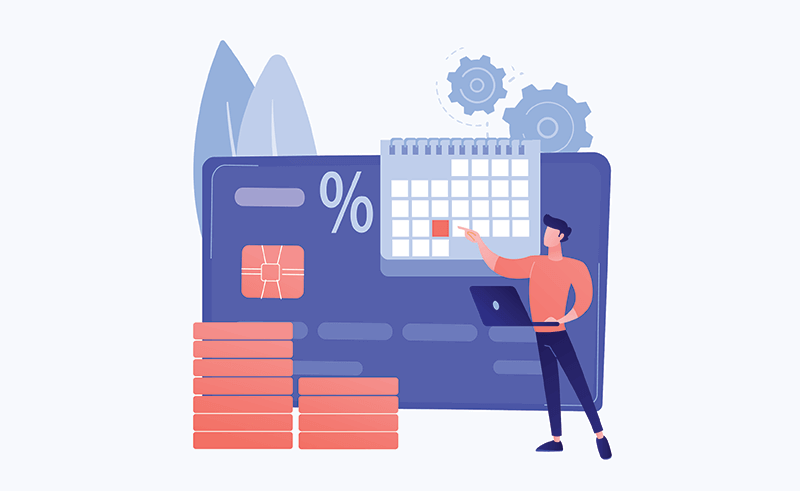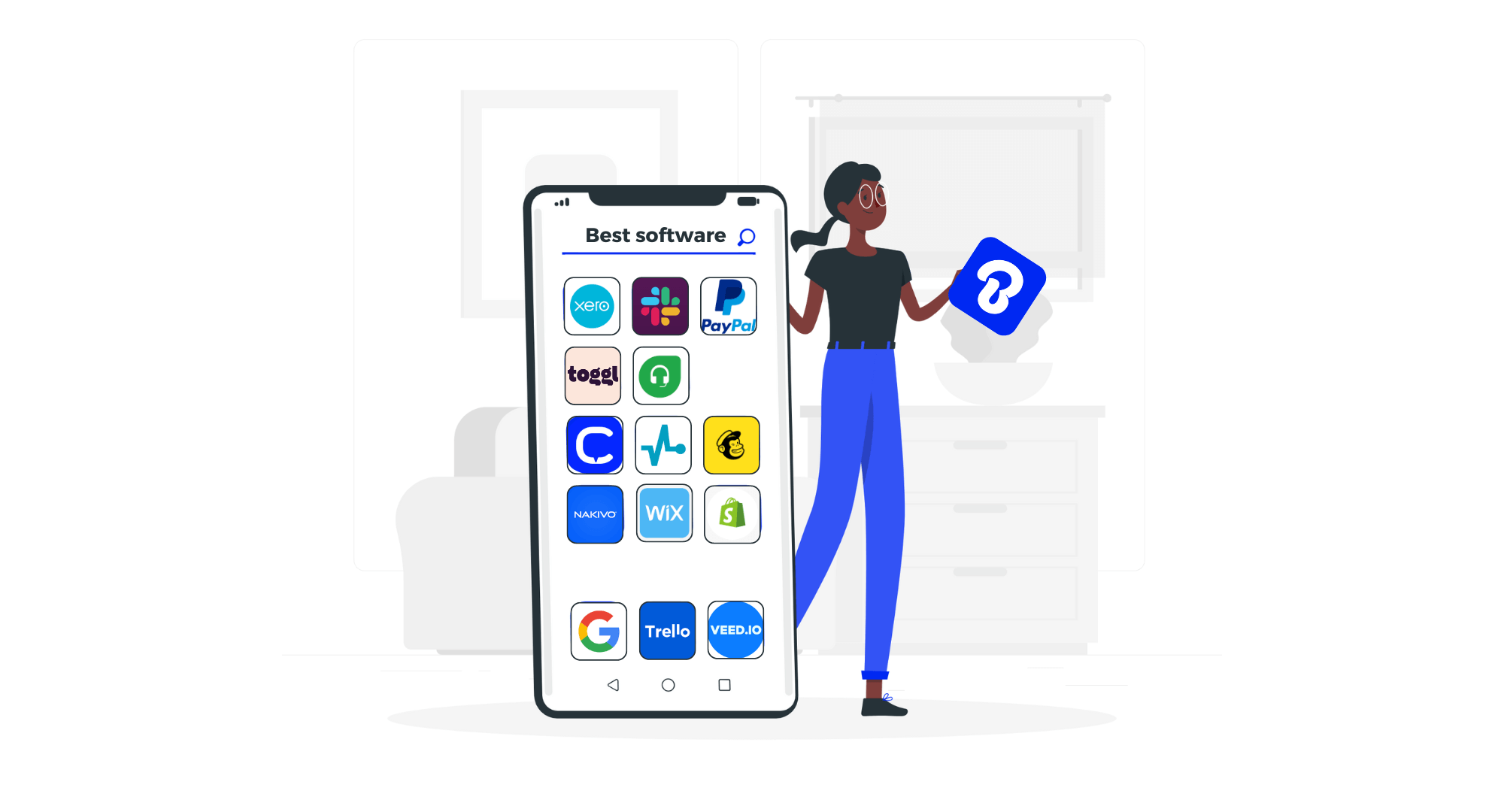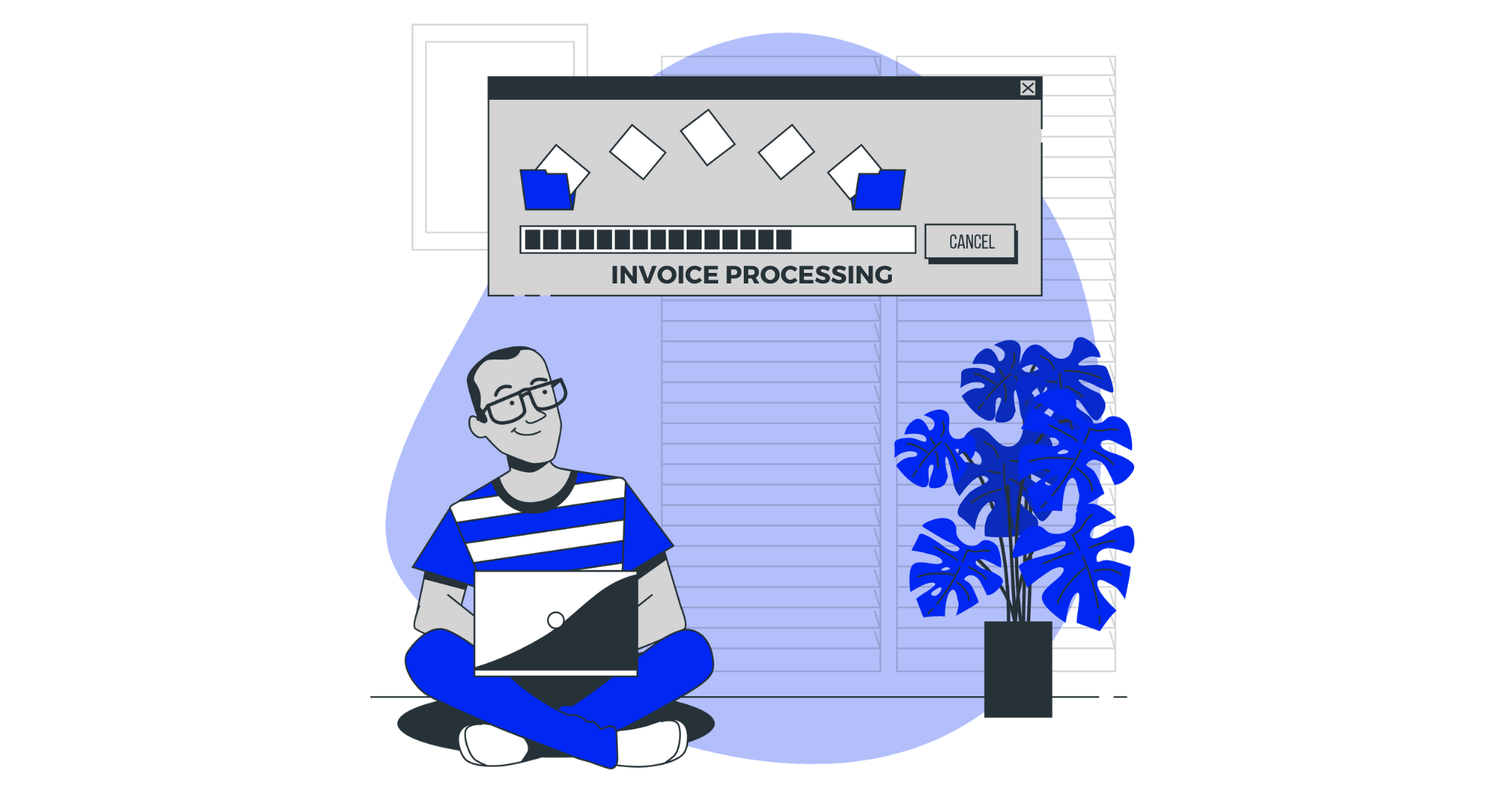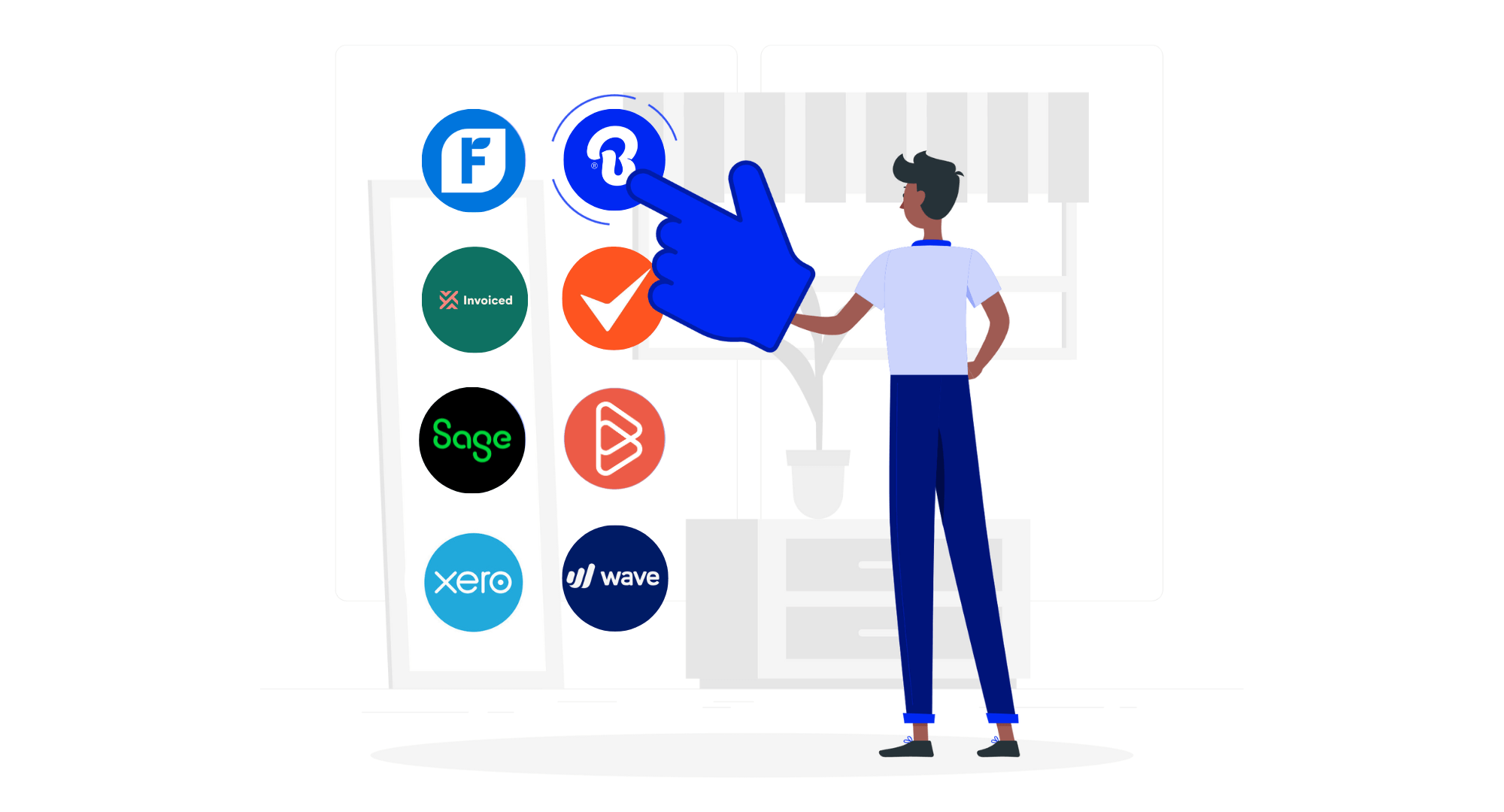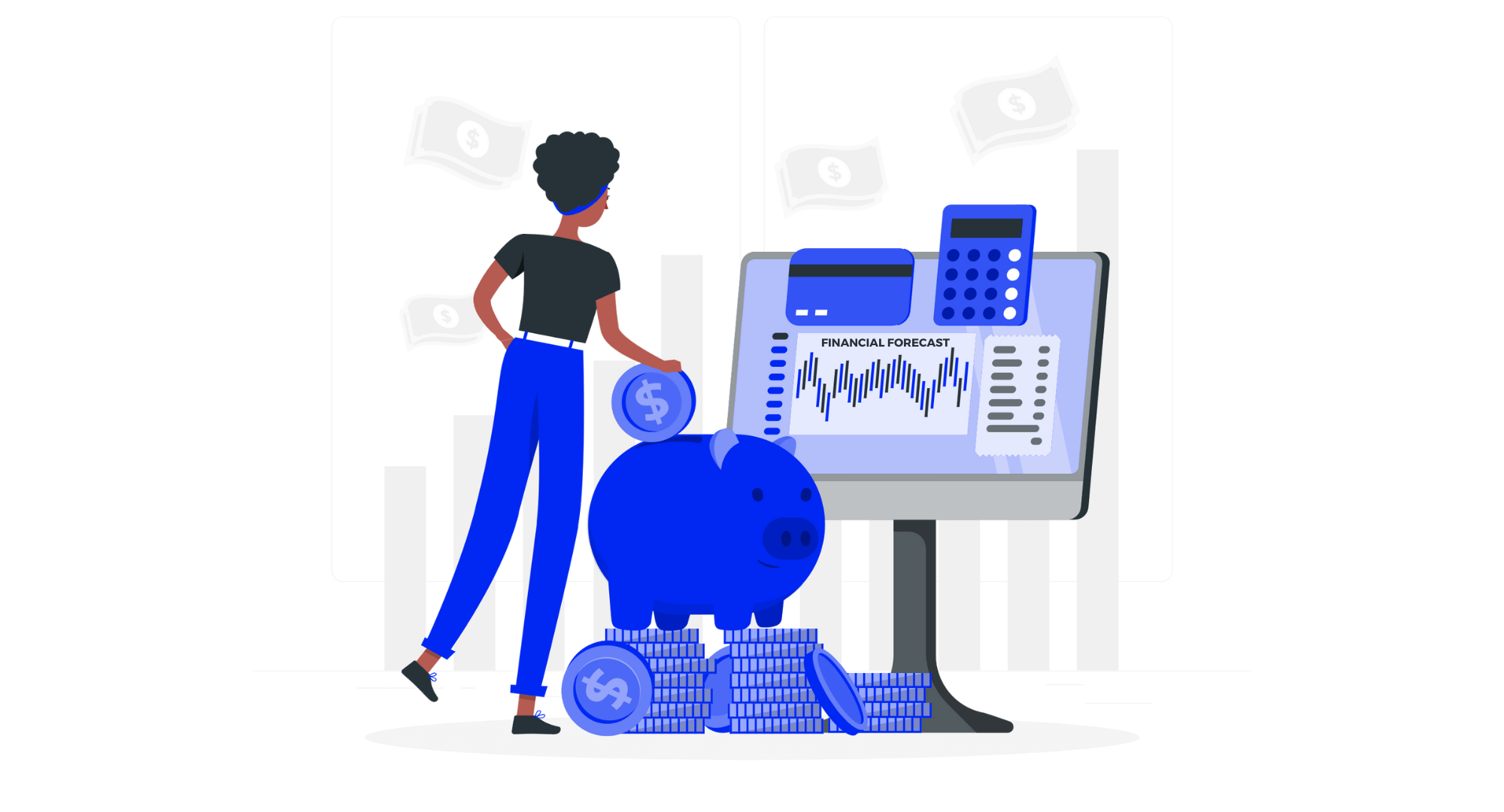
When you first set up your business, you’re not likely to have too many recurring expenses, aside from rent for your premises, if you have one. Fast forward a few months, and you might have financed some equipment. Then you add a few cell phone plans for your sales team, and of course, there are recurring expenses to host and manage your website.
Before you know it, you’ve got a mountain of subscriptions and contracts to manage, and you’ve got preauthorized debits going off your company account throughout the month. You think you have a handle on it, but then you forget a bill, and don’t put enough money into that account to cover it. So, you get charged a fee, and interest, and it all just gets out of control!
If you miss too many payments because you’re not on top of paperwork, you might even find that key accounts get put on hold. We all know what a big spanner in the works it can be when you can’t order goods or services when you need them!
There is an easier way to track your recurring expenses, stay tuned.
What Are Recurring Expenses?
Recurring expenses are business related costs that you have to pay at regular intervals. That usually means you pay them once a month (although some might be quarterly or annual.) They’re usually also the same amount every month, like rent or subscriptions. But sometimes, like utility or cell phone bills, they can fluctuate.
Most recurring expenses are essential to your business – like rent, utilities, bank charges, and bills for equipment and vehicle finance. Others might not be essential, but certainly make things easier – like legal retainers or subscriptions for cloud-based services.
While there may be many nuances to what a recurring expense is, they are all bills that you will have to pay regularly, as long as you have a subscription or contract with the creditor.
Unlike one off payments, recurring costs are usually for things that you really need to keep your business running, and that you can’t easily switch to another supplier. If you don’t pay your rent for a while, or make payments on your delivery vehicles, you could have much bigger problems on your hands!
So, while all expenses are important, and deserve your attention, the recurring ones really need a little extra TLC.

What is the Difference Between Recurring and Non-Recurring Expenses?
Understanding the disparity between recurring and non-recurring expenses is crucial for effective financial management and decision-making.
Recurring Expenses:
Recurring expenses are costs that repeat at regular intervals. These are essential for ongoing operations and typically occur monthly, quarterly, or annually. Examples include rent or lease payments, utility bills, salaries, and subscription services like software licenses or insurance premiums.
Non-Recurring Expenses:
Non-recurring expenses are one-time or irregular costs that do not repeat regularly. These expenses often arise from unexpected events or specific projects. Examples include equipment purchases, renovations, marketing campaigns, legal fees, and travel expenses for a conference or event.



